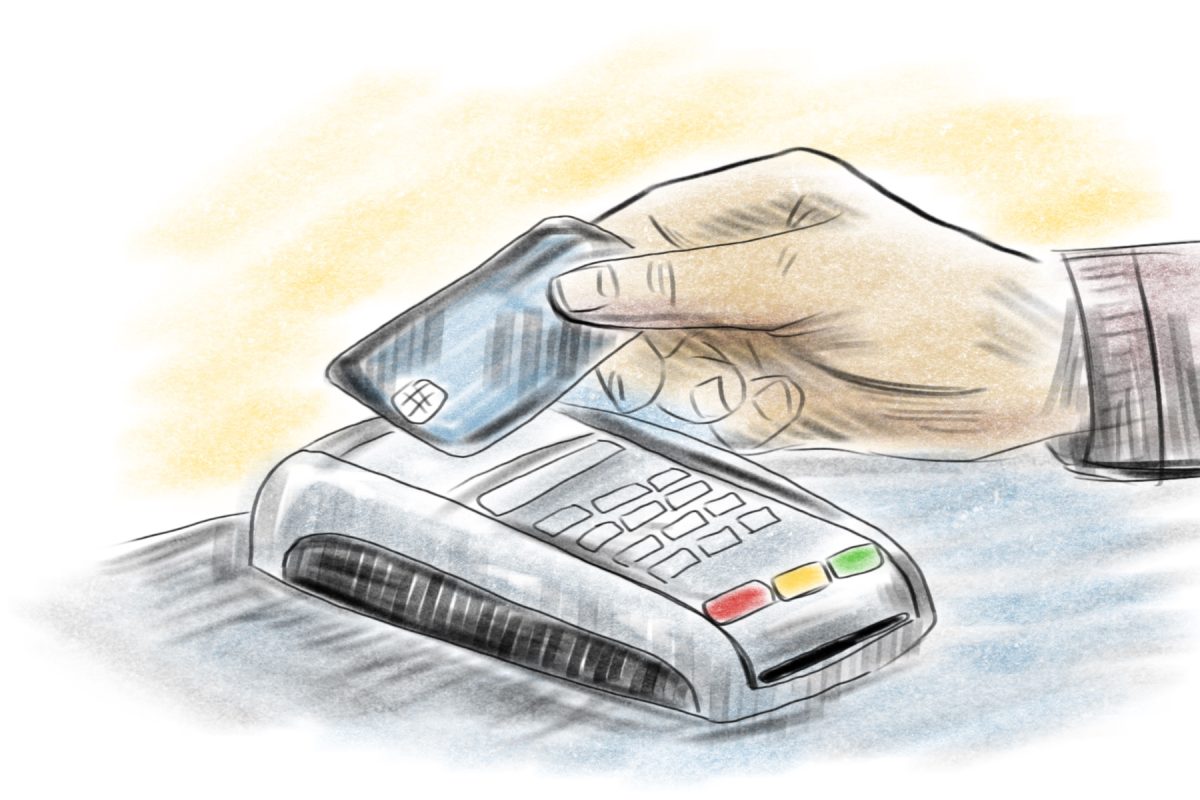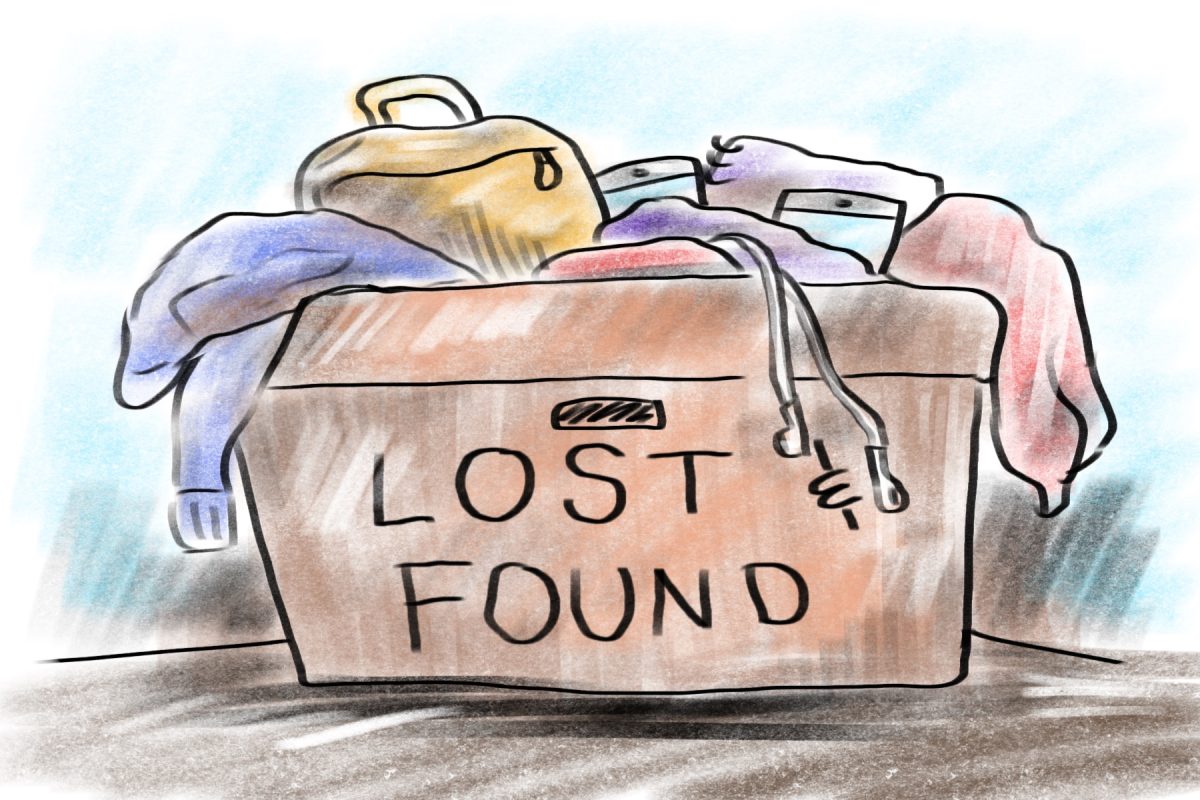Like many young adults, whenever I don’t feel well or notice something slightly off with my health, the first thing I do is call my mom. Although she has no medical background, most of the time I just need reassurance that it’s nothing to worry about. These phone calls often end with her joking, “Don’t Google it!”
While Google has no access to your medical history, nor can it holistically evaluate your symptoms, a 2019 study from Sage Journals found that nearly 70% of the people in the United States use the internet to research their symptoms before consulting a healthcare professional. However, this information is often wrong or misleading.
Many times that I have succumbed to googling my symptoms, I have been met with information completely irrelevant to the ailment I was actually enduring.
Health anxiety among college students has increased in recent decades, as has iatrophobia, or the fear of doctors. Because college is the first time many young adults seek medical care on their own, there are additional anxieties associated with their appointments, alongside any medical concerns.
The combination of increased health anxiety and iatrophobia causes many to seek health advice from behind a screen.
Cyberchondria, similar to hypochondria, is a phenomenon in which access to and obsession with online medical information promotes excessive — often unwarranted — worry about physical or mental health. Searching your symptoms online can increase health anxiety, according to Gebauer Company, which makes healthcare products.
In addition to physical health concerns, many are turning to ChatGPT or other AI search engines for mental health support. Although AI lacks lived experience and the ability to express empathy, many users find themselves sharing their struggles and seeking advice on these platforms.
As artificial intelligence is constantly changing and evolving, discussing uniquely human topics can sometimes have disastrous consequences. Responses can sometimes seem so human that users forget they are conversing with a chat bot. A 2022 study from Sage Journals reported that the app Replika — which advertises itself as “The AI Companion that Cares”— sometimes encourages eating disorders, self-harm and violence.
For those emotionally vulnerable, these examples of off-putting AI commentary can have detrimental consequences.
While the internet may not be the most reliable source of information when it comes to concerns regarding mental or physical well-being, it is highly accessible.
Individuals with anxieties about visiting the doctor may feel more comfortable doing their own research and finding their own treatments rather than consulting with a healthcare professional. These anxieties can also extend to the consultations themselves. According to the American Optometric Association, many patients report experiencing embarrassment when asked questions about their medical histories or symptoms, and many have admitted to lying or omitting key information during appointments. While the lack of human connection can be a disadvantage when seeking care online, it may also reduce the fear of judgment.
Furthermore, there are financial implications when it comes to evaluating the use of artificial intelligence in the healthcare field. As of 2023, 13.1% of young adults ages 19-25 were uninsured, the US Department of Health and Human Services reported. In Alabama, the average out-of-pocket cost of a typical check-up ranges from $83 to $127, according to Sidecar Health. Along with the cost of rent, tuition and other living expenses, this may point more and more college students and young adults to the internet for free medical advice.
Even for those who do have health insurance, it remains significantly more difficult to find a provider that will cover mental health services compared to physical health.
Lastly, while a walk-in clinic may close its doors at 5:00 p.m., the internet is not confined to the hours of the typical work day. AI can offer support at all hours of the day.
While my mom may warn me against googling my symptoms, as I learn to navigate adulthood and living alone, I find myself seeking assistance in any way I can. A simple search can tell me which medicine might help with my symptoms, what dosage I should take and any potential side effects I may experience. It is important to understand that any advice found online should be taken with a grain of salt, and that the internet cannot solve all of our concerns. While it is important to be well-researched and play an active role in the maintenance of your health, the internet can sometimes do more harm than good. Instead of serving as a cure, it should be used as a starting point for receiving the care we need.









